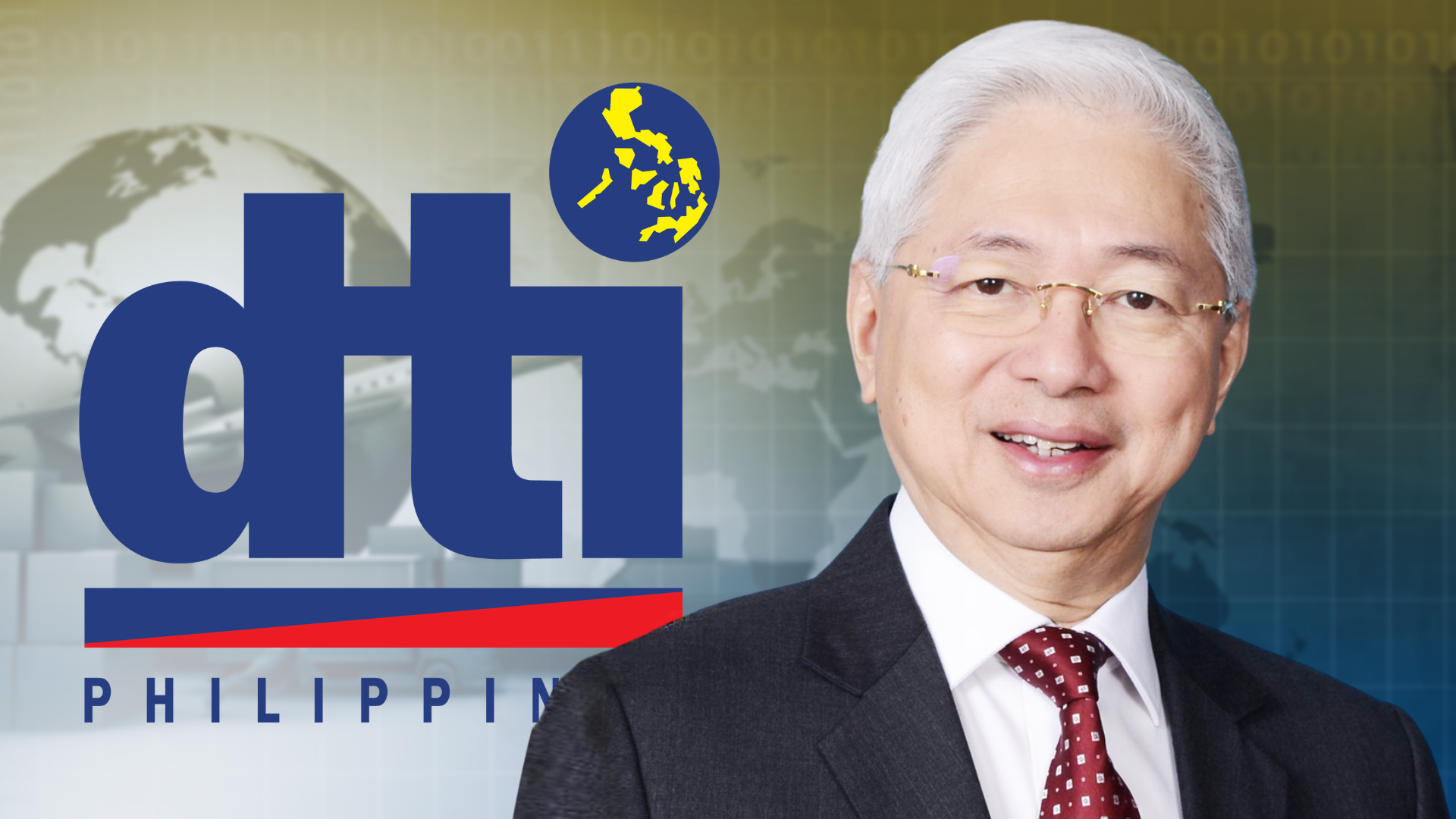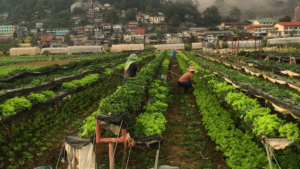Trade Secretary Alfred Pascual has pushed anew the ratification of the Regional Comprehensive Economic Partnership (RCEP), amid lingering questions from peers in the Association of Southeast Asian Nations (Asean) as well as investors who are awaiting developments on the issue.
“This needs to be ratified already by the Senate because it always comes up during discussions, such as when I attended a meeting of economic ministers last September,” Pascual said in an interview over Radyo Pilipinas, the flagship government AM radio station.
“[RCEP] will lower tariff rates within 20 years, but not all at once so there is time for businesses here to adjust,” the trade official added.
Pascual attended the 54th Asean Economic Ministers’ Meeting held last Sept. 13 to 15 in Cambodia, where critical issues within the region such as strengthened economic integration and relations were discussed.
“Those who want to invest here, that is also their question,” the trade official said, adding that “it is a consideration for new investors looking to set up export-oriented businesses in the Philippines.”
“If the Philippines is not an RCEP member, they will not be eligible for the tariff reduction when they sell to other countries,” Pascual said, adding that non-inclusion also makes Philippine exports uncompetitive.
The RCEP is a free trade pact among Asean member states, as well as six of the regional bloc’s trade partners including Australia, China, Japan, South Korea and New Zealand. INQ



